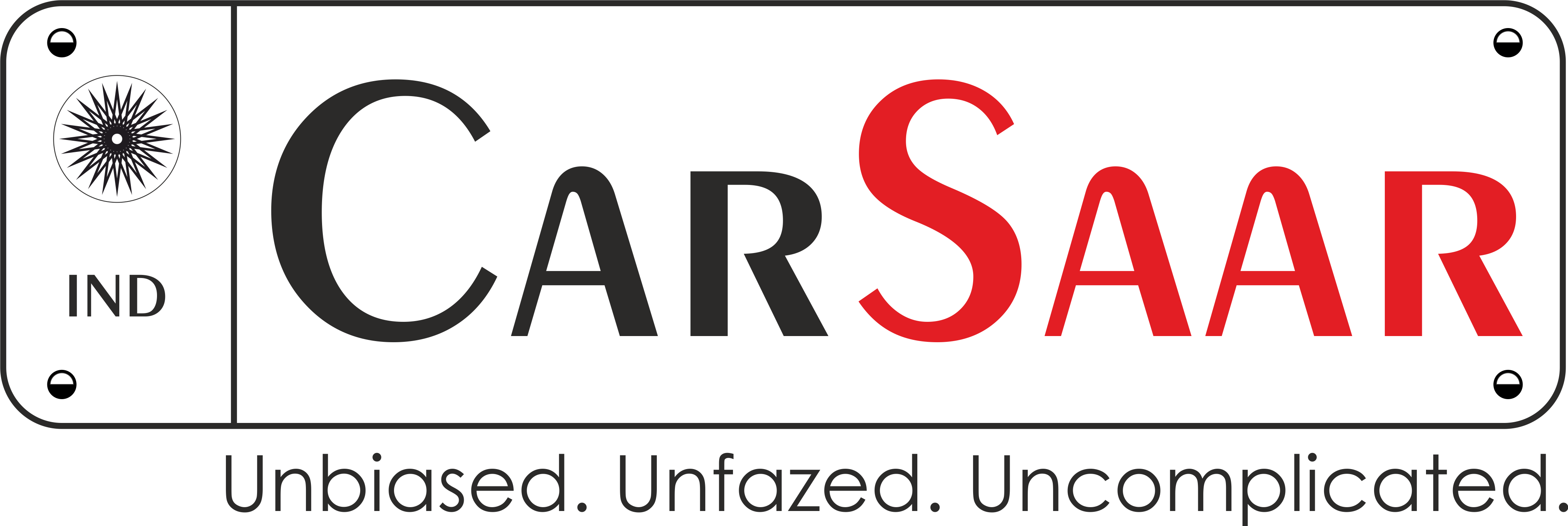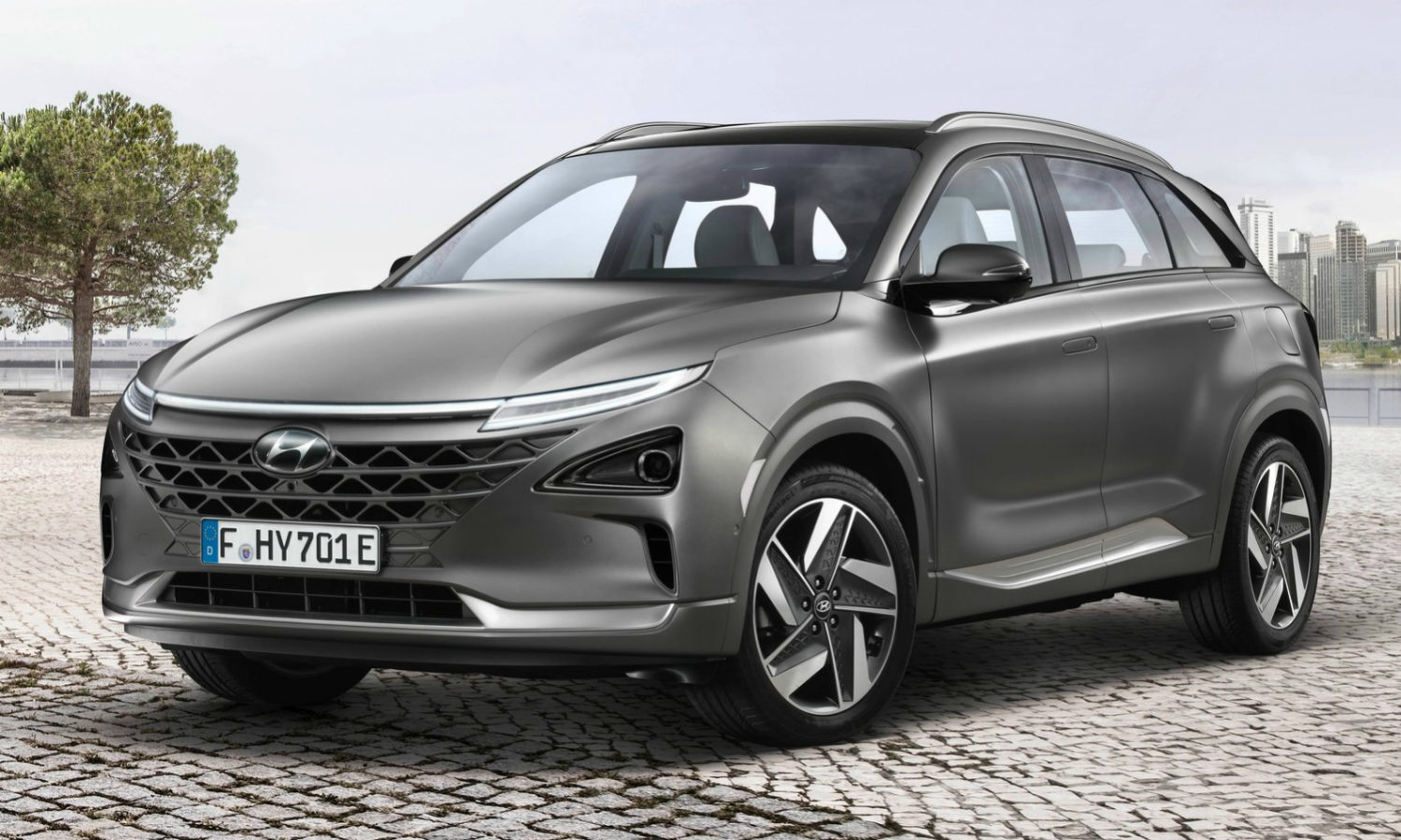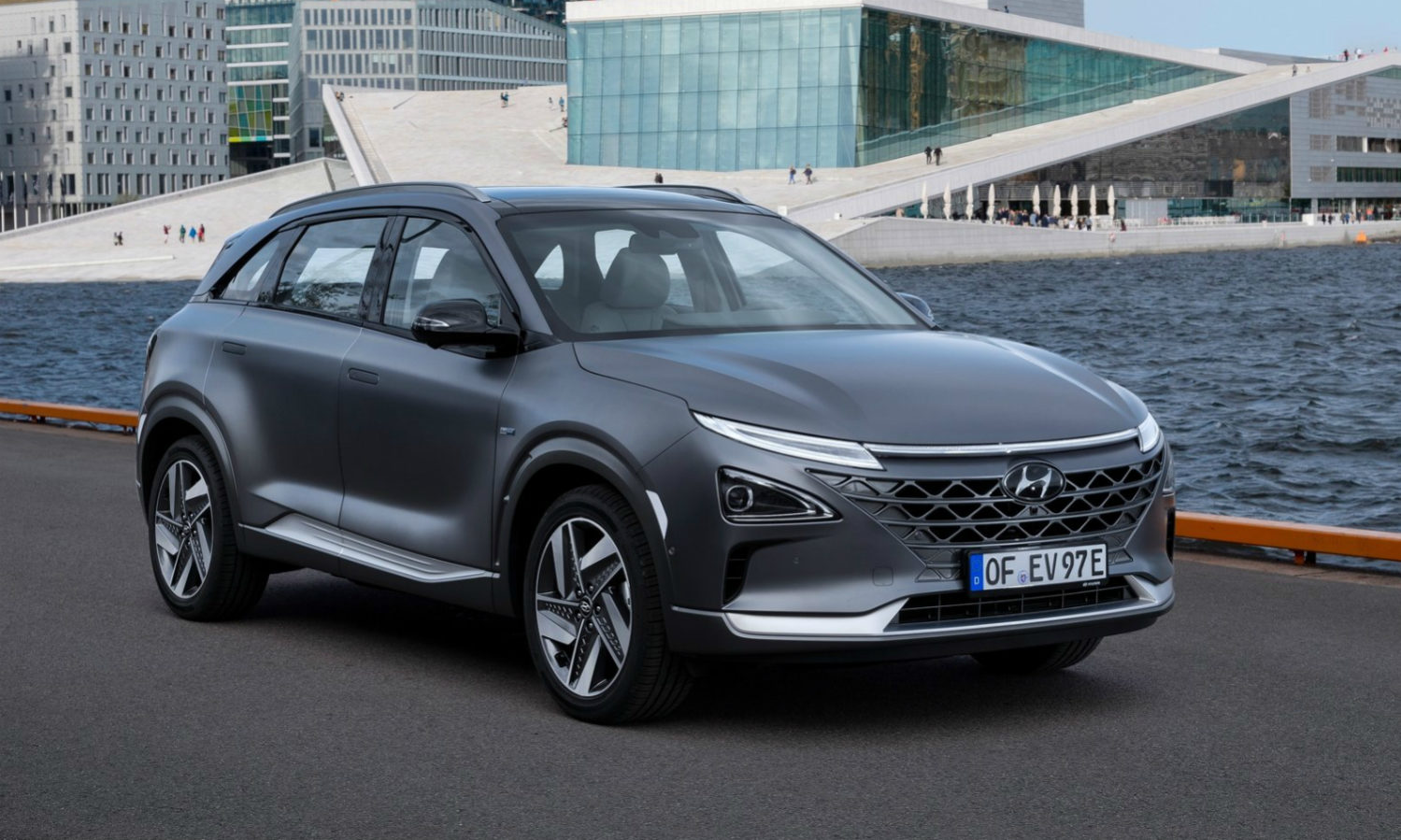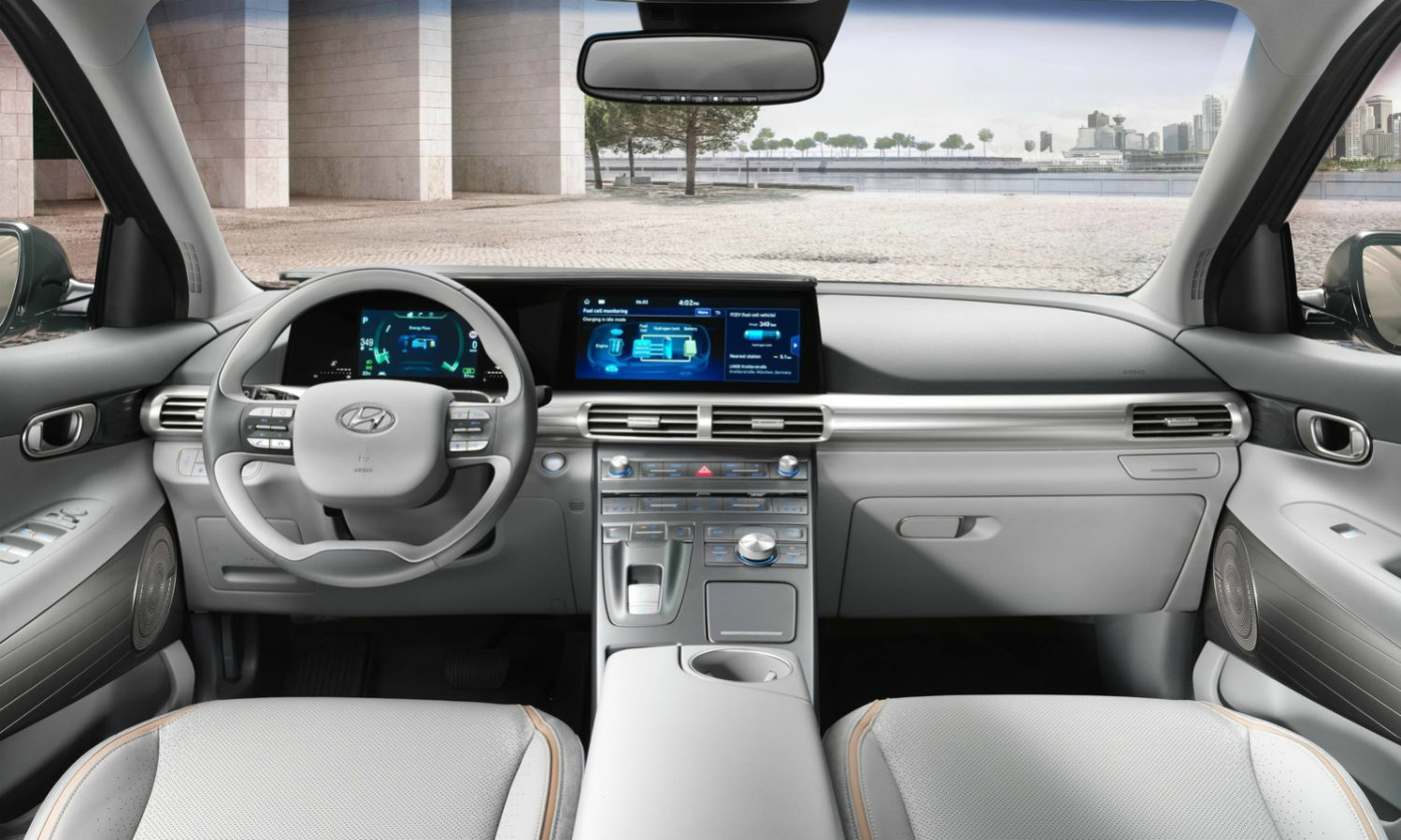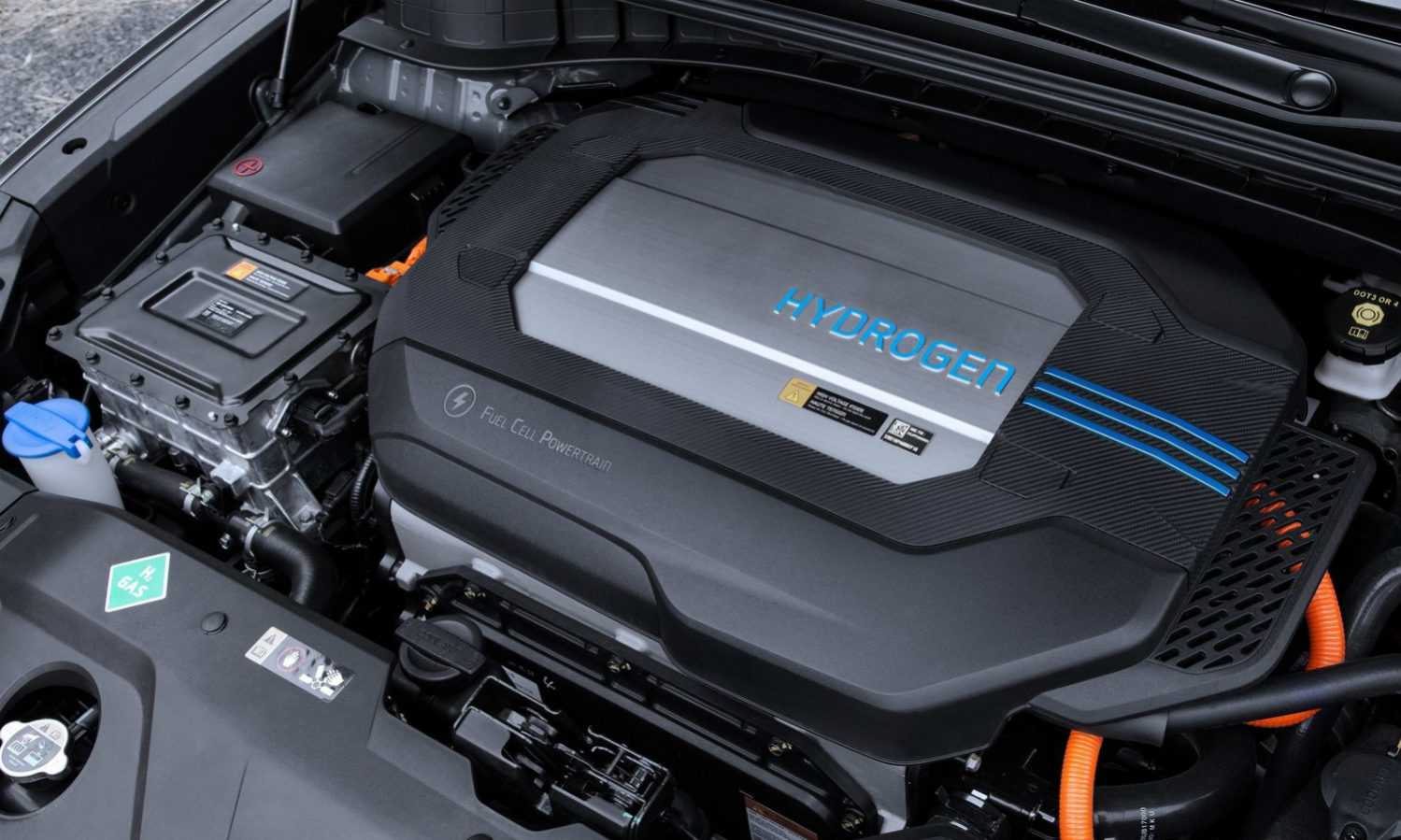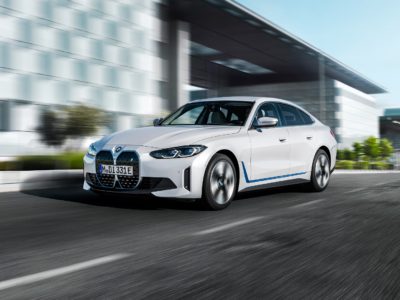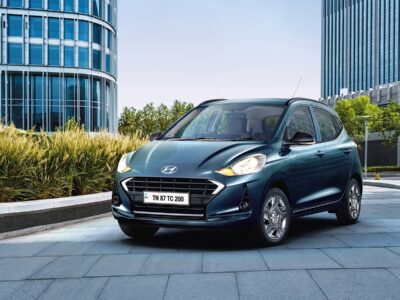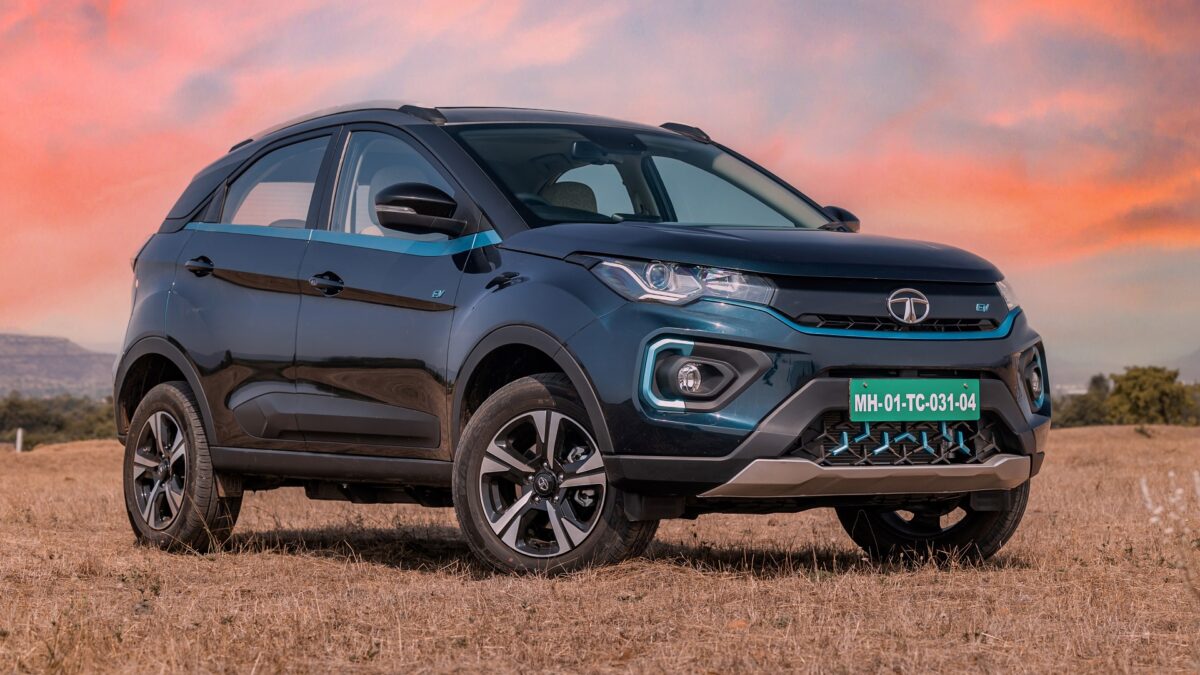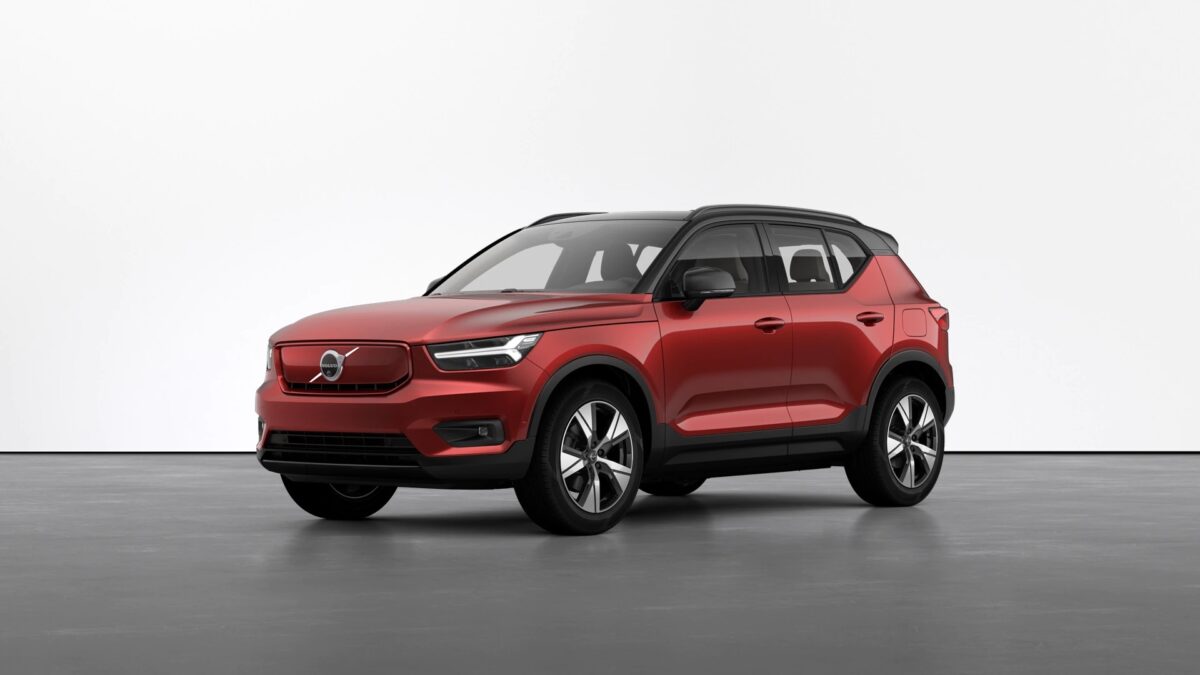Saar: When exactly will it land on our shores is still unknown.
- Hyundai Nexo
South Korean carmaker Hyundai Motor has confirmed that it will be launching a total of four EVs (Electric Vehicle) in India in the near future. We already know that the Kona EV will start the proceedings for Hyundai EVs on our shores after it goes on sale in the second half of next year. But, Hyundai won’t stop at bringing just battery-powered electric vehicles in India. The company has confirmed that it will be launching the Nexo FCEV (Fuel-Cell Electric Vehicle) in India as well. However, there is no timeline attached yet.
The Hyundai Nexo could very well ignite a much-needed divergent approach for a zero-emission mobility solution. Unlike a battery-powered EV, an FCEV doesn’t require charging times. It is powered by compressed hydrogen. The same mantra powers the Nexo FCEV. Its permanent magnet synchronous motor, which comes mated to a single speed reduction gear, is powered by a fuel-cell system that delivers a maximum of 163PS of power and 395Nm of torque. Hyundai claims that the top speed of the 5-seater SUV is 179kmph.
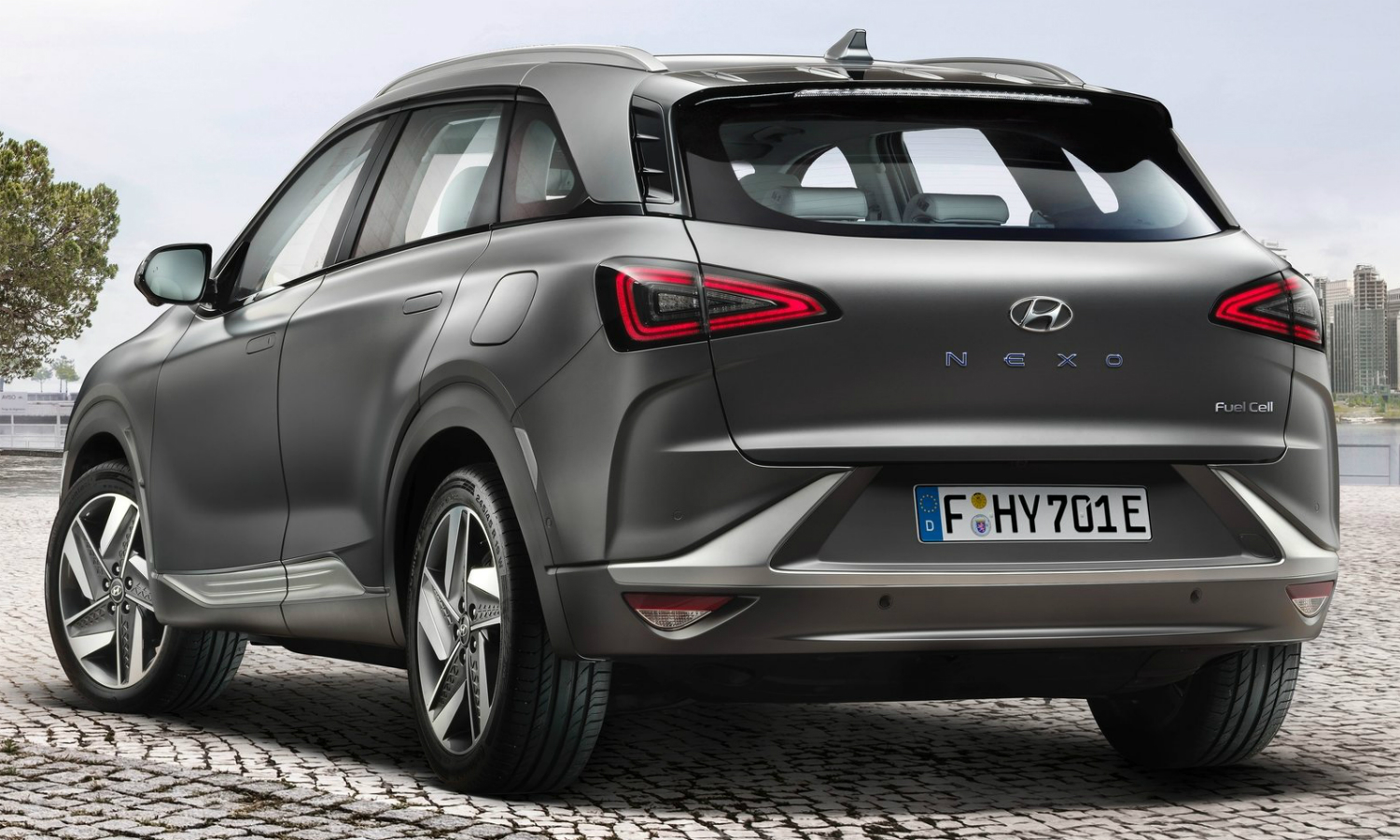
The real genius is that on one full tank of compressed hydrogen, which takes about 5 minutes to refill, the Hyundai Nexo FCEV can travel more than 600km. In comparison, most EVs struggle to come even close to that kind of travel range on a single charge. And, if fast-charging isn’t available, the battery packs take hours to replenish.
On the contrary, there aren’t many hydrogen-filling stations in the world either. In India, the count will be much less than satisfactory. But, the concept of FCEV shows a lot of promise. Apart from faster refilling times, the FCEV is also a zero-emission mobility solution. The compressed hydrogen from the fuel tank combines with oxygen from the air to generate electricity using the fuel-cell technology. The only waste product is H2O, which is the chemical formula for water.
- Hyundai Nexo
It certainly is great to see Hyundai taking the stride towards introducing a concept which is surely one of the ways to go in building a sustainable, zero-emissions mobility solution. The biggest plus in using such vehicles? Hydrogen is the most abundantly available element in the universe. It will never run out.

